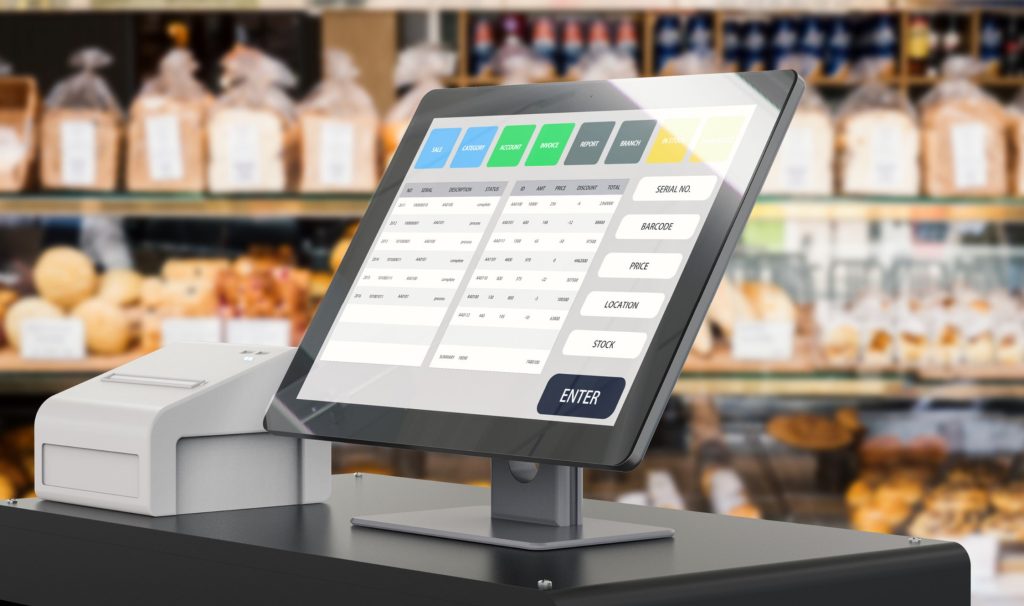In the world of modern commerce, Point of Sale (POS) systems have become the backbone of retail and restaurant establishments. The evolution of technology has given rise to two primary types of POS systems: cloud-based and on-premises. Understanding the differences between these systems is crucial for businesses looking to optimize their operations and deliver exceptional customer experiences. In this article, we will explore the disparities between cloud-based and on-premises POS systems, highlighting their unique features, benefits, and considerations.
Definition and Infrastructure
Cloud-Based POS Systems:
A cloud-based POS system operates over the internet, utilizing cloud servers to store data securely. The software is typically accessed through web browsers or dedicated mobile applications, enabling businesses to manage their operations from any internet-connected device. Data is stored off-site on remote servers owned and maintained by the POS provider.
On-Premises POS Systems:
On the other hand, on-premises POS systems are locally installed on physical terminals and servers within the business premises. These systems require dedicated hardware, such as cash registers and touch-screen monitors, and the software is installed directly onto the restaurant or retail store’s internal network.
Cost and Ownership
Cloud-Based POS Systems:
One of the most significant advantages of cloud-based POS systems is the cost-effectiveness they offer. Instead of investing heavily in upfront hardware and software purchases, businesses can opt for a subscription-based pricing model. This significantly reduces initial expenses, making it an attractive choice for small to medium-sized businesses. Additionally, cloud-based systems typically include automatic updates and maintenance, relieving businesses of the burden of managing and updating the software.
On-Premises POS Systems:
On-premises POS systems often come with a higher initial cost due to the need to purchase hardware and software licenses outright. Additionally, businesses are responsible for system updates, maintenance, and backups. While this ownership provides a sense of control, it can also become a financial burden, especially for businesses with limited resources.
Accessibility and Mobility
Cloud-Based POS Systems:
Cloud-based systems excel in terms of accessibility and mobility. Business owners and managers can access the POS system from anywhere with an internet connection. This feature allows real-time monitoring of sales, inventory, and other crucial data, empowering owners to make informed decisions on-the-go. Moreover, cloud-based POS systems enable staff to process transactions and manage orders using tablets or smartphones, resulting in enhanced customer service and reduced wait times.
On-Premises POS Systems:
In contrast, on-premises systems tie businesses to the physical location of the POS terminals. Managers may find it challenging to monitor operations remotely, limiting their flexibility. Additionally, in the event of internet connectivity issues, cloud-based systems might outperform on-premises ones, as the latter relies solely on the local network.
Data Security and Reliability
Cloud-Based POS Systems:
Cloud-based POS systems employ robust security measures to protect sensitive customer and business data. Reputable providers invest heavily in encryption, firewalls, and regular security audits to ensure data remains safe from potential breaches. By storing data on remote servers, businesses benefit from backup and disaster recovery solutions, safeguarding their critical information in case of unforeseen events.
On-Premises POS Systems:
While on-premises POS systems offer physical control over data, they also require stringent security measures to prevent unauthorized access. Businesses are solely responsible for implementing security protocols, including data backup strategies. However, this approach might entail additional costs for hiring IT personnel and maintaining security standards.
The choice between cloud-based and on-premises POS systems depends on the specific needs and preferences of a business. Cloud-based systems shine in terms of cost-effectiveness, accessibility, and data security, making them an attractive option for many establishments. On the other hand, on-premises systems offer a sense of control and are more suitable for businesses that prioritize physical ownership of their hardware and data.
Ultimately, businesses should conduct a thorough assessment of their requirements, budget constraints, and long-term growth plans to make an informed decision. Regardless of the choice, a well-implemented POS system can significantly enhance efficiency, customer service, and overall success in today’s competitive marketplace.

